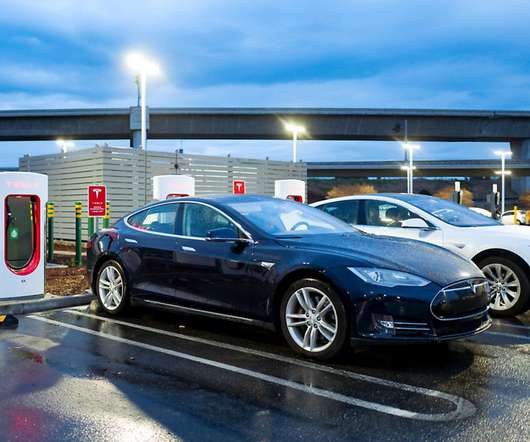Full lifecycle CO2 of new Mercedes C-Class 10% less than outgoing model
Green Car Congress
MARCH 31, 2014
Over the entire lifecycle of the C 180, the lifecycle analysis yields a primary energy consumption of 521 gigajoules (corresponding to the energy content of around 16,000 liters of gasoline); an environmental input of approx. mpg) at the time of the market launch in 2007 or from between 6.4 The new C-Class. l/100 km (31 mpg US and 31.8




















Let's personalize your content